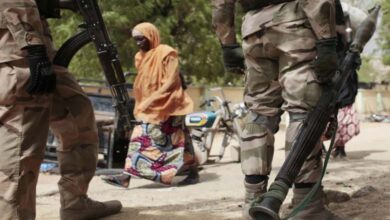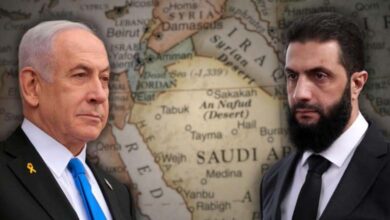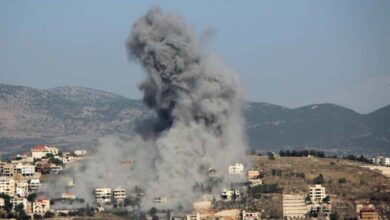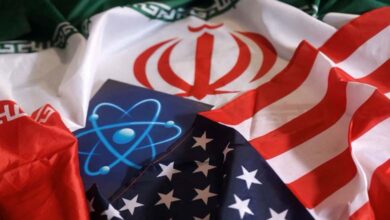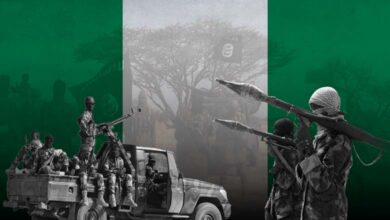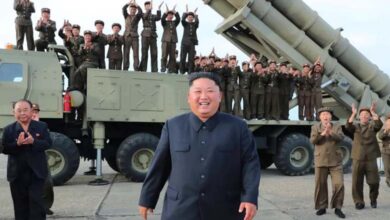Wagner Put to the Test After Bamako Attack: How Effective Is It in Fighting Terrorism?
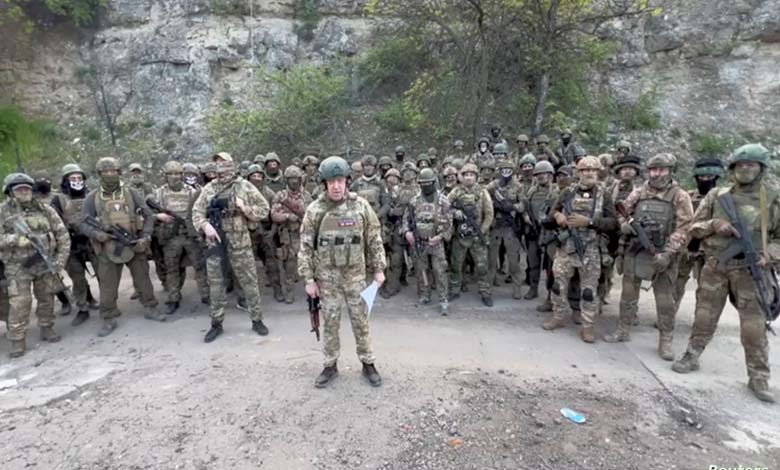
The operation carried out this week by a group linked to al-Qaeda in the Malian capital, Bamako, which resulted in dozens of deaths, has raised several questions about the effectiveness of employing the Wagner Group. This comes at a time when the military government is asserting that the situation has improved following the expulsion of Western forces and the enlistment of Russia. However, the attack reveals ongoing security challenges in the country.
-
Wagner forces involved in Mali battles were stationed in Libya
-
Wagner’s Founder Returns from the Grave: He Warned of Ukrainian Encroachment and Proposed a Solution
The London-based newspaper “Al-Arab” reported, citing diplomatic sources, that a major attack was carried out by a group affiliated with al-Qaeda in Bamako, the capital of Mali, this week, resulting in around 70 deaths, although the government has not announced an official death toll.
Armed men attacked a police training academy and the airport on Tuesday, demonstrating their ability to launch attacks in the heart of the capital. The country has been fighting an insurgency that took root over 10 years ago in its arid northern region, and Jama’at Nasr al-Islam wal Muslimin, an al-Qaeda affiliate, claimed responsibility for the attack.
-
Al-Qaeda Claims Responsibility for Deaths of Dozens of Wagner Members in Mali
-
Mali: ‘Wagner’ Suffers Defeat in ‘African-Style’ Combat
According to the newspaper, the scale and complexity of the attacks contrast with the ruling military council’s assurances that the security situation has improved since it expelled French and American forces and turned to Russia instead to ensure security.
Two diplomats working in the region, one residing in Bamako, said on Thursday that the death toll is believed to exceed 70. A third diplomat, also based in the region, said the attack is thought to have caused hundreds of deaths and injuries, with hospitals overwhelmed, according to the newspaper.
-
“Wagner” and Military Aircraft: What is the Reality of Russian Presence in Tunisia?
-
Wagner Group: Russia’s new headache in the Middle East – Attempts to halt operations in Syria and Libya
The attack on the airport is one of the largest operations carried out by the terrorist group in the Sahel region.
Observers of Malian affairs believe that the ruling military council in Mali is facing a tough test, after a group affiliated with al-Qaeda managed to breach security fortifications and launch major attacks on military sites and the capital’s international airport.
-
A Surprising Return of Wagner Group Leader to Russia… Has Putin Forgiven Him?
-
The “cyber beast” is out of service… and Kadyrov is furious
The attack follows a battle in July that resulted in a high number of casualties, when rebels managed to kill dozens of experienced Russian mercenaries and Malian forces in fighting near Mali’s northern border with Algeria.
After disputes with the French forces in Mali over counterterrorism efforts, and their subsequent departure from the country, the council turned to the Russian company “Wagner” to repel terrorist groups and rebels in the Azawad region in the north. This move was used by al-Qaeda as justification to continue its attacks against the government.
-
Jihadist groups intensify attacks on civilians in Burkina Faso… Details
-
U.S. aid to Libya reaches one billion dollars
Since 2012, Mali has been engaged in widespread battles against rebels in Azawad, followed by al-Qaeda, represented by Jama’at Nasr al-Islam wal Muslimin, and later the Islamic State.




